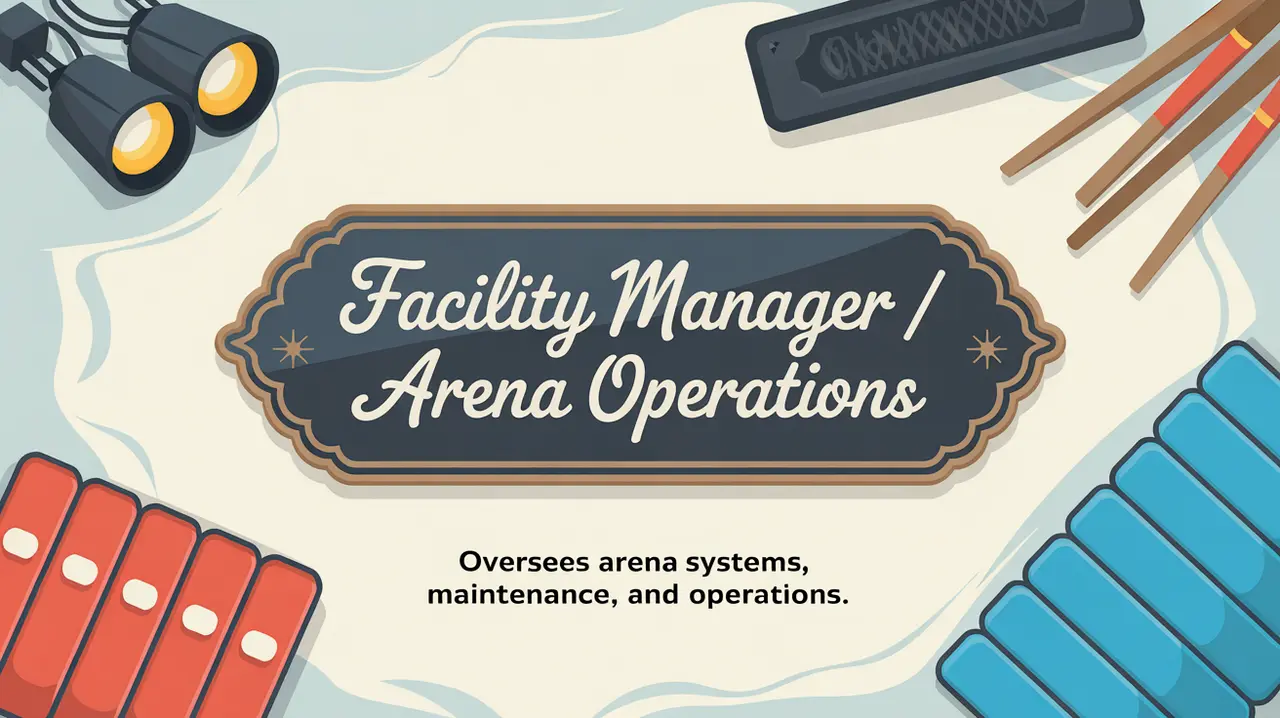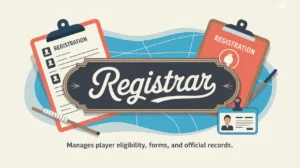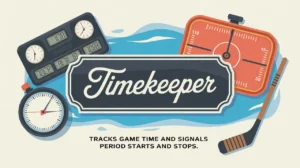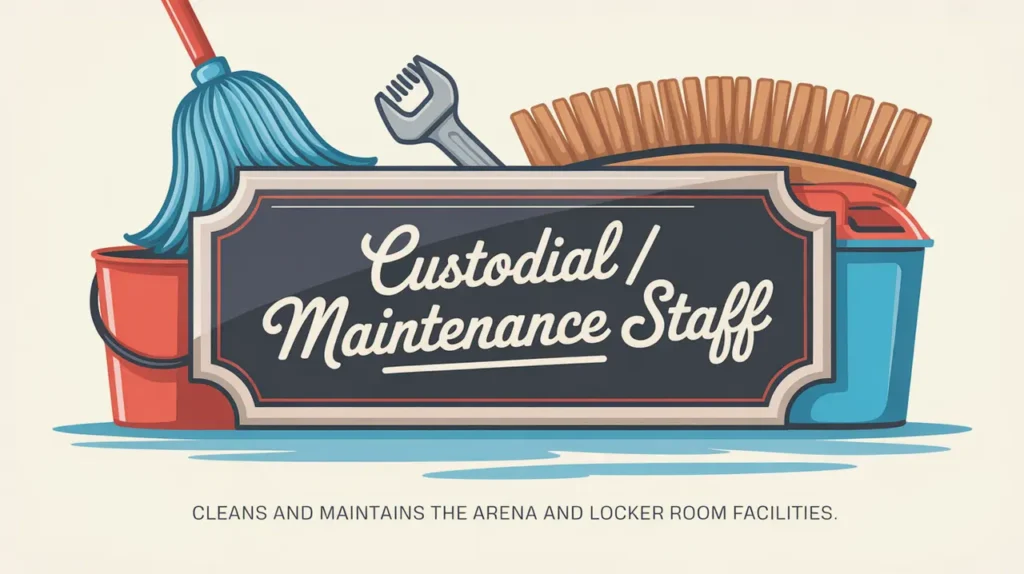Jim’s Intro to the Facility Manager / Arena Operations
Hi folks, Jim here, the only commentator who once tried to fix a broken rink door with duct tape. I really thought duct tape could fix anything. So disappointed.
What is a facility manager or arena operations staff?
A facility manager and arena operations team are responsible for overseeing the maintenance, safety, scheduling, and daily functioning of the entire rink.
They handle everything from mechanical systems and ice plant operations to security, cleanliness, and event coordination, making sure the building works smoothly for players, staff, and fans alike.
How does it work?
Facility managers and their teams keep rinks operational through planning, system oversight, and coordination:
Building Systems Management
- They monitor and maintain the refrigeration plant, HVAC systems, lighting, scoreboards, and safety equipment, ensuring the arena stays at optimal conditions for ice quality and comfort.
Ice and Event Scheduling Coordination
- Facility managers coordinate with team schedulers, leagues, and public programs to balance games, practices, tournaments, and community events without chaos.
Maintenance and Repairs
- They inspect and maintain infrastructure, fixing everything from rink boards and benches to plumbing and electrical systems.
- Quick response prevents emerging issues from becoming game-stoppers.
Safety and Compliance
- Facility managers ensure the building meets health, fire, and safety codes, running inspections and coordinating with local authorities when needed.
Staff Oversight and Coordination
- They manage custodial teams, ice technicians, security, and concessions staff, keeping everyone aligned on schedules and responsibilities.
Common Situations Involving Facility Managers / Arena Operations
- Tournament Weekends: Overseeing multiple games and events simultaneously.
- Mechanical Breakdowns: Responding fast to ice plant or lighting issues.
- Weather Events: Adjusting building systems to maintain ice quality.
- Renovations or Upgrades: Coordinating major work without disrupting the season.
- Emergency Preparedness: Handling power outages, alarms, or accidents.
How do you make good decisions with it?
Good facility management depends on planning, technical knowledge, and strong communication.
- Maintain Systems Regularly: Prevention is better than last-minute fixes.
- Plan for Peak Loads: Big events test every part of the building.
- Coordinate Across Departments: Schedulers, ice techs, and custodians all depend on clear communication.
- Keep Safety First: Compliance isn’t optional.
- Stay Calm Under Pressure: When the scoreboard dies mid-period, cool heads prevail.
How do you master it?
Mastering this role requires technical expertise, leadership, and a strong operational mindset. The best facility managers know their rink inside and out, anticipate problems, and keep everything running behind the scenes so the game feels effortless out front.
What does it look like when done right?
A great facility manager ensures the building feels invisible. Everything works, nothing breaks, and events run on time. Players focus on hockey, fans enjoy the experience, and staff can trust the infrastructure.
Commentator’s Corner
Jim’s Take
The facility manager is like the captain of a ship you don’t see. If they do their job well, the rink just works. If not, you find out fast when the lights go out mid-period.
Parent Tip
Respect arena rules and schedules. Facility teams juggle a lot, and thoughtful courtesies make a big difference.
Player Tip
Take care of the spaces you use. A little responsibility from players helps keep the rink in top shape.
A Final Thought
The facility manager and arena operations team are the engine room of the hockey world, blending technical skill, leadership, and foresight to keep rinks humming. When mastered, the role combines precision, coordination, and quiet excellence, making the arena a reliable home for the game.

